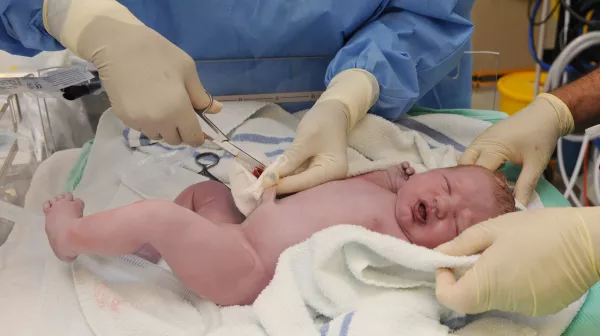Neonatology
What to Look For in a NICU
Texas Children’s NICUs
Texas Children’s NICUs are renowned for their advanced medical care for babies and compassionate services for families.




